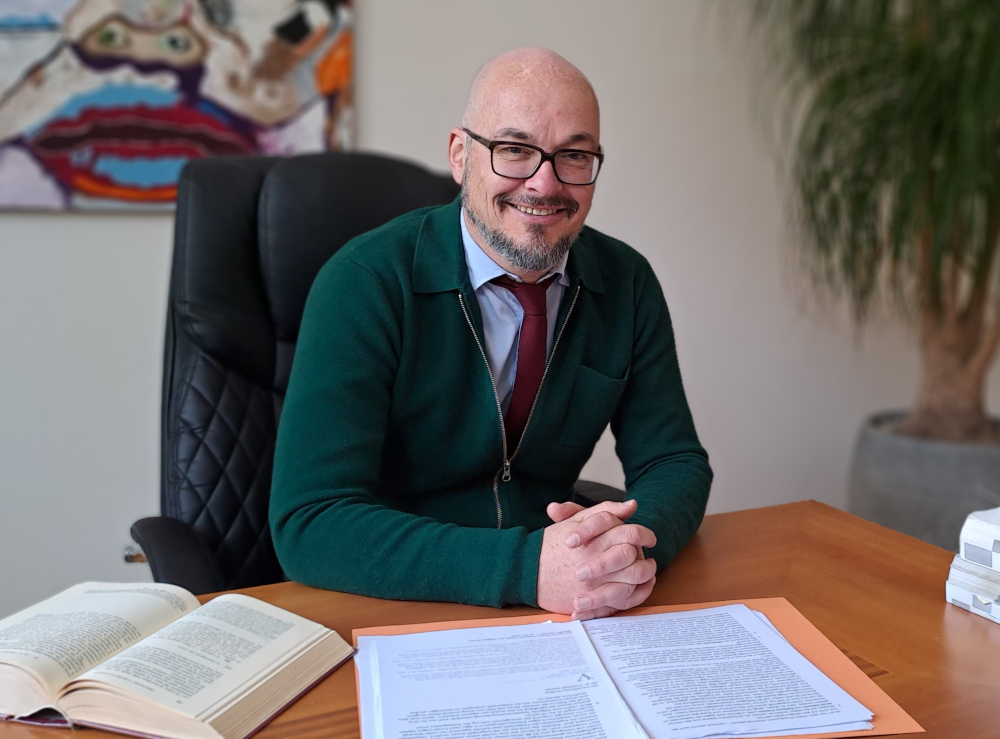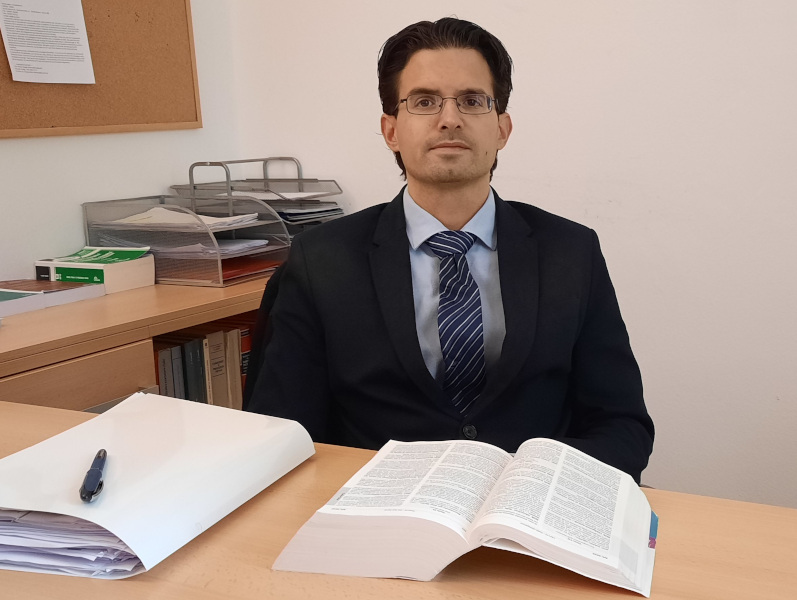With the entry into force of Legislative Decree No. 149/2022 (the so-called "Cartabia Reform"), civil proceedings before the Justice of the Peace have undergone significant changes.
1. Introductory considerations
The changes to the rite of proceedings before the justice of the peace affect an increasingly broad range of civil disputes, as the limits of the justice of the peace's jurisdiction are constantly being extended in terms of value. For example, the value limit for disputes concerning movable property has been raised from €5,000.00 to €10,000.00; however, this is only the first step in a much more significant expansion of the jurisdiction (also in terms of subject matter) of the Justice of the Peace, which will accompany the reform of the honorary judiciary (Legislative Decree No. 116/2017) and will come into force in November 2025.
%TRENNLINIE%
2. The new rite of civil procedure before the justice of the peace
The new civil procedure before the justice of the peace is now modelled on the simplified procedure (before the ordinary court) pursuant to Article 281-decies et seq. CCP (Codice di Procedura Civile), although some further procedural simplifications have been introduced.
The most important changes are succinctly as follows:
► Introduction phase:
Perhaps the most striking change concerns the form of the introductory pleading, which is now no longer a writ of summons (“atto di citazione”) but an application (“ricorso”); its content, however, with regard to the essentially necessary elements (indication of the judge and the parties as well as presentation of the facts and the subject matter of the claim) does not show any particular innovations compared to the past.
After the lodging of the application, the assigned judge sets the date of the first hearing (within five days after) as well as the deadline for the appearance of the defendant (10 days before the first hearing).
The plaintiff must serve the decree (and the corresponding application) on the defendant at least forty days (or sixty days in the case of service in another State than Italy) before the hearing date, together with the subsequent deposit of the served decree and the appeal for the purpose of pleading.
It is then incumbent on the defendant to file his statement of defence and reply within the above-mentioned time limits, in which he must set out his defence, comment specifically on the plaintiff's submissions, present his evidence and – under penalty of forfeiture - formulate the objections in the narrower sense, the counterclaims and any motions for a third-party notice.
► First hearing (including an attempt at conciliation) and treatment and evidence-taking phase (if necessary):
At the first hearing, the judge must attempt a conciliation of the parties. If this fails, the case is dealt with and evidence is taken in accordance with the provisions of the simplified procedure. In all brevity: the plaintiff may apply for permission to submit a dispute to third parties if the necessity arises from the defendant's defence, and all parties may raise the objections in the narrow sense and any counterclaims if they have become necessary as a result of the counterclaim or the objections.
At the request of the parties, the justice of the peace may (according to the wording of the provision, however, only if there is a justified reason, which is why it would be advisable to present the motions for evidence already in the respective first pleading) grant the parties a period of no more than twenty days to specify and amend the motions, objections and closing submissions, to state the evidence and to produce documents, as well as a further period of no more than ten days for replies and counter-evidence.
► Decision phase
The subsequent decision phase essentially corresponds to the model of the oral hearing before the ordinary court as regulated in Article 281-sexies CCP (“Codice di Procedura Civile”). After the parties have specified their closing submissions, the judge invites the parties to an oral discussion of the case at the same hearing (or - at the request of the parties - at another hearing). At the end of the discussion, the judge may either pronounce the judgment immediately by reading out the decision and the summary of the factual and legal reasons for it, or reserve the right to file the judgment within fifteen days.
3. The digitalisation of the proceedings in the Court of Justice of the Peace
In conclusion, it should be noted that the Cartabia reform (in addition to the extension of the jurisdiction of the Peace Court and the introduction of a new civil law rite for proceedings before the same) also provides for the introduction of the digitalized civil process (“processo civile telematico”) at the Court of Justice of the Peace.
For proceedings initiated as of July 2023 (provided that the necessary IT infrastructure could be established by that time), the filing of pleadings and the inspection of the same (and of the judge's orders) are to be carried out exclusively by digital means, as is already the case in proceedings before the ordinary courts and the courts of appeal.


